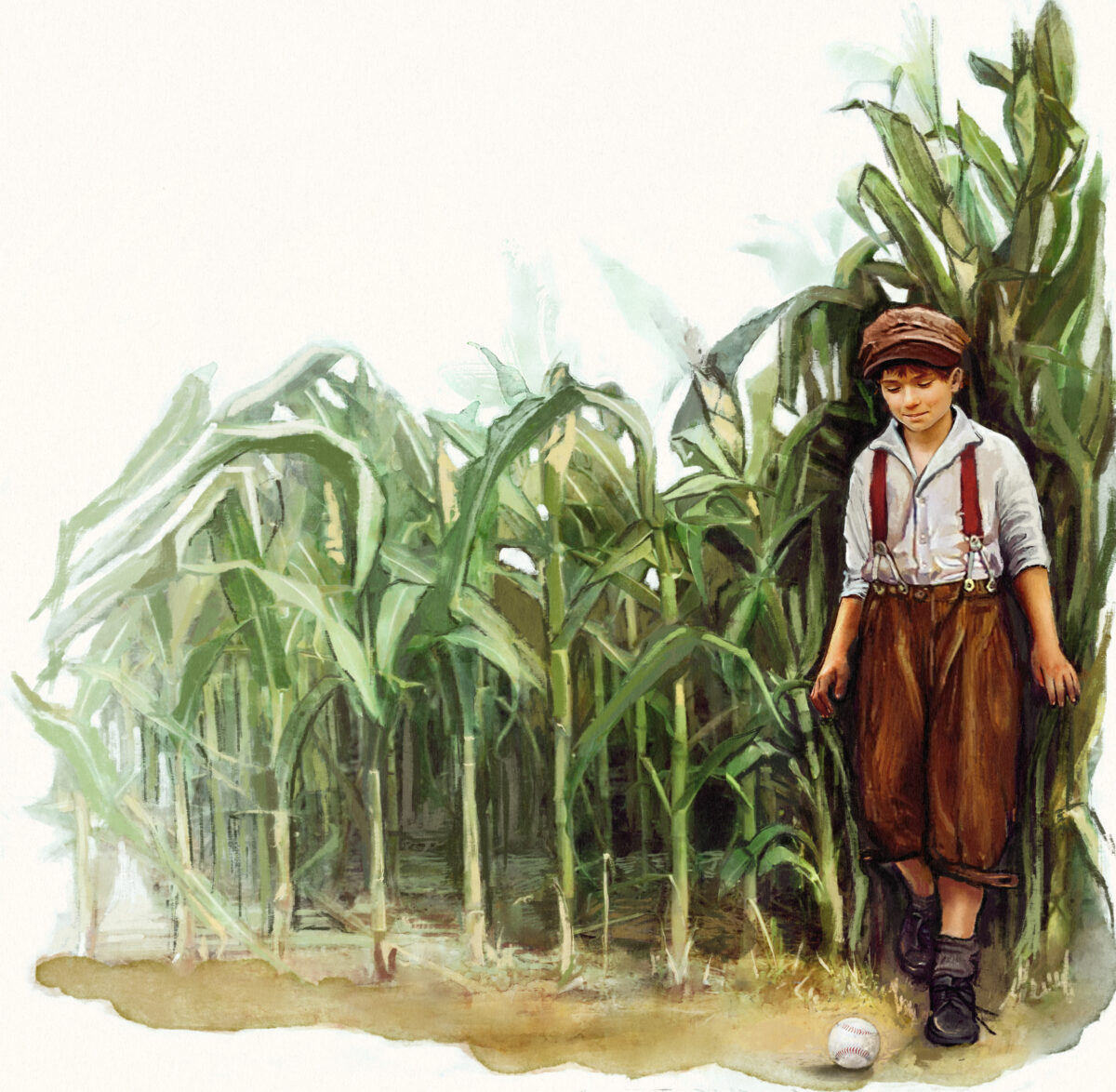I’m not sure why I react as I do, but when I hear our national anthem and see our Stars and Stripes raised high, I tear up. I always have; I always will.
I think of moments in the past when our flag has particularly moved me. 9/11—the first responders raising a tattered flag over the smoking remains of the Twin Towers, a flag symbolizing “United We Stand.” Or the photo of a sweet little girl poised atop her daddy’s shoulders, looking to the heavens, clutching a tiny flag in her hand. I have seen too many flag-draped caskets cradling the remains of our brave soldiers and first responders who gave their precious lives for our country. And the entire landscape at Arlington National Cemetery is draped with the red, white, and blue of our heroes who fought to protect the sovereignty of our land.
But I add to these the happy times and happy tears.
As retirees in 2000, my husband and I were hired as staff members on a Semester at Sea study-abroad program. We joined 700 college students on a four-month voyage around the world on a beautiful ship, the MV Explorer. As we set sail out of Coal Harbor in Vancouver, families and friends waved our beautiful flag from the shore in Stanley Park, bidding us farewell. I thought four months would pass before we would see Old Glory again. But I was mistaken. American flags greeted us in our first port, Kobe, Japan, as Japanese beauties waved them in welcome. And, reminding us of our influence abroad, our flags graced the entrances of the U.S. embassies we passed by during our sojourn in 13 countries. Then, months later in Havana, Cuba, our final port, I was once again moved to patriotic tears.
Thinking that a sporting event might encourage camaraderie and serve as an icebreaker between our students and theirs, Semester at Sea staff and the athletic director at the University of Havana organized a basketball game pitting our students against the university’s varsity team. When we entered the gymnasium, we found our opponent’s team in full uniform, standing in solemn attention. Suddenly, a Cuban student marched in, proudly waving our Stars and Stripes, our national anthem resounding throughout the stadium. Everyone, Cubans and Americans together, stood in quiet respect. Here I am, in the heart of communist Cuba, moved to tears by our flag and the glorious music of our country.
Years pass, and we have built a beach house adjacent to a naval base in California. Every morning at 8 a.m., our national anthem resounds over their loudspeakers. Our little granddaughter Mia visits often, and we open the patio door and call her over. Since my husband, her “Papa,” is the quintessential flag waver, we tell her that “Papa’s song” is playing, and “when we hear it, we put our hands on our hearts, we stand still, and we listen.” She follows our lead, placing her hand on her chest, standing at attention. When the anthem ends, we all clap and cheer.
Years later, on a shopping trip to our local Costco Warehouse, Mia is seated in the cart, holding the bouquet of white roses we’ve selected. We pass a display of speakers emitting a patriotic tune. It’s not our national anthem, but for her, it’s close enough. She calls out to me. “Nai Nai! Stop!” Transferring the roses to her left hand, she places her right hand on her chest. “Nai Nai! Hand!” she exclaims. “Papa’s song!” So there we stand, in the middle of a crowded aisle, hands over our hearts, as our little girl attempts to sing along to a random song with the few words of her “Papa’s song” that she remembers.
No—it wasn’t quite the same as stealth bombers flying over the Super Bowl following the playing of our national anthem. It wasn’t quite the moment in the gymnasium in Havana, Cuba. It wasn’t quite the moment of seeing Old Glory hoisted up the flagpole and hearing our country’s anthem blasting on the MV Explorer as we pulled into the Port of New Orleans that December of 2000 after our four-month voyage around the world. But it was a precious moment—one not without a tear.
Now that she’s older, my sweet Mia is beginning to understand the real meaning of “Papa’s song.” As American author Henry James said, “I think patriotism is like charity. It begins at home.” I’m confident that throughout her life, whenever Mia sings “the land of the free and the home of the brave,” she will reflect on when, how, and why she learned to stand at attention to honor our flag and our country.
From January Issue, Volume IV





